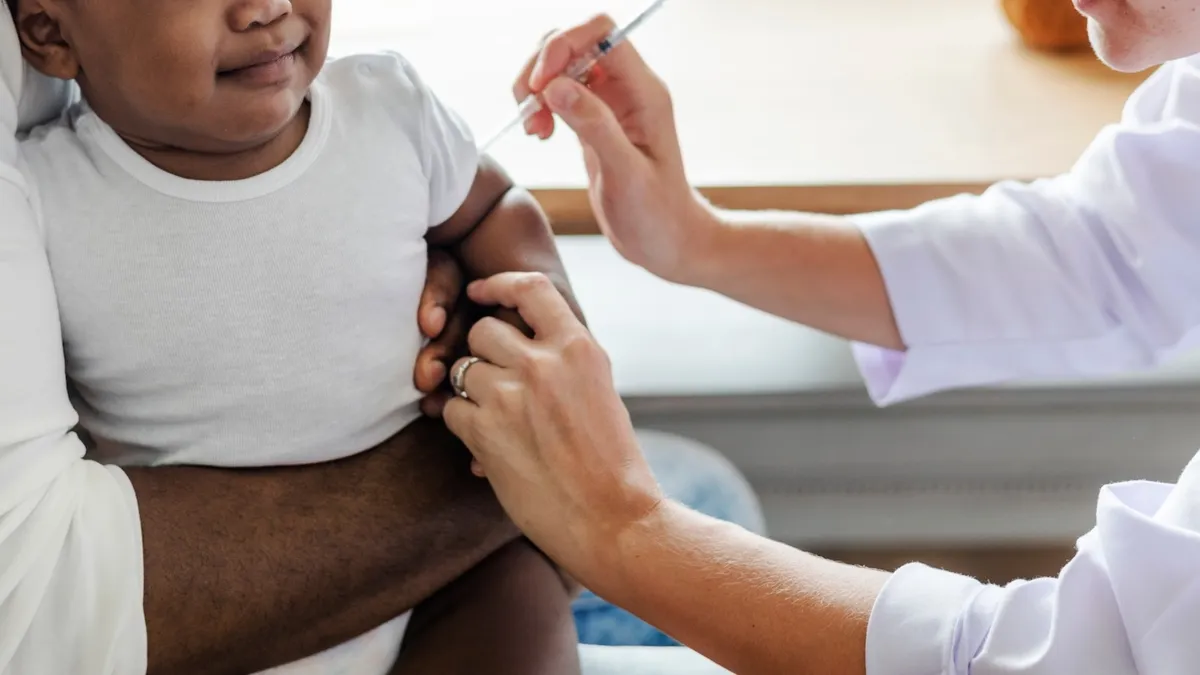
New data released by the World Health Organization (WHO) and UNICEF reveals a concerning statistic: more than 14 million children globally have not received a single dose of any vaccine. This figure represents a staggering increase of 4 million children beyond the target set for 2024 by the WHO, and is also 1.4 million more than in 2019, which serves as the baseline year for tracking immunization progress. The report indicates that approximately 25% of the world’s infants reside in 26 countries grappling with conflict, fragility, or humanitarian crises, but these regions account for half of all unvaccinated children.
Children remain unvaccinated or under-vaccinated for various reasons, including lack of access to healthcare services, disrupted supply chains, ongoing conflict and instability, and widespread misinformation about vaccines. Dr. Kate O’Brien, director of the WHO's Department of Immunization, Vaccines and Biologicals, emphasized during a press briefing on Monday that even minor declines in vaccine coverage can lead to catastrophic outcomes. "This opens the door to deadly disease outbreaks and exacerbates the pressures on health systems already stretched thin," O’Brien stated.
The Immunization Agenda 2030, a set of goals established by the World Health Assembly, aims to enhance access to life-saving vaccines and protect more children worldwide. Despite the alarming statistics, there were some promising developments in the report. In 2024, approximately 89% of infants globally, translating to about 115 million children, received at least one dose of the diphtheria, tetanus, and pertussis (DTP) vaccine. Furthermore, 85%, or roughly 109 million, completed the full three-dose series. This marks an increase from 2023, where around 171,000 more children received at least one vaccine, and one million more children completed the three doses.
Immunization against measles has also shown improvement, with 84% of children receiving their first dose and 76% receiving the second dose. However, despite these slight increases, the report highlights that 30 million children remain unprotected, particularly as the world faces a rising number of outbreaks. “While it's encouraging that we've managed to reach more children with life-saving vaccines, millions still lack protection against preventable diseases, which is a cause for concern,” stated Catherine Russell, executive director of UNICEF. Russell urged immediate action to overcome barriers such as shrinking health budgets, fragile health systems, misinformation, and access constraints due to conflict.
Russell emphasized that “no child should die from a disease we know how to prevent.” The urgency of the situation was underscored by the recent announcement from U.S. Health and Human Services Secretary Robert F. Kennedy Jr., indicating that the U.S. would be withdrawing its funding from GAVI, an international organization dedicated to improving vaccine access. Kennedy claimed that the organization had ignored scientific guidance, stating that the U.S. had provided $8 billion in funding to GAVI since 2001.
Public health officials are calling on governments worldwide to address funding shortfalls and support ongoing vaccination efforts. Dr. Ephrem Lemango, associate director for health and global chief of immunization at UNICEF, emphasized the importance of maintaining vaccination coverage trends, which are precarious unless sustained efforts are implemented. “We must maintain our commitment to immunization and call on governments, partners, and communities to do everything necessary to uphold immunization coverage, including closing funding gaps, serving communities in conflict and fragile settings, and combating misinformation,” Lemango urged.